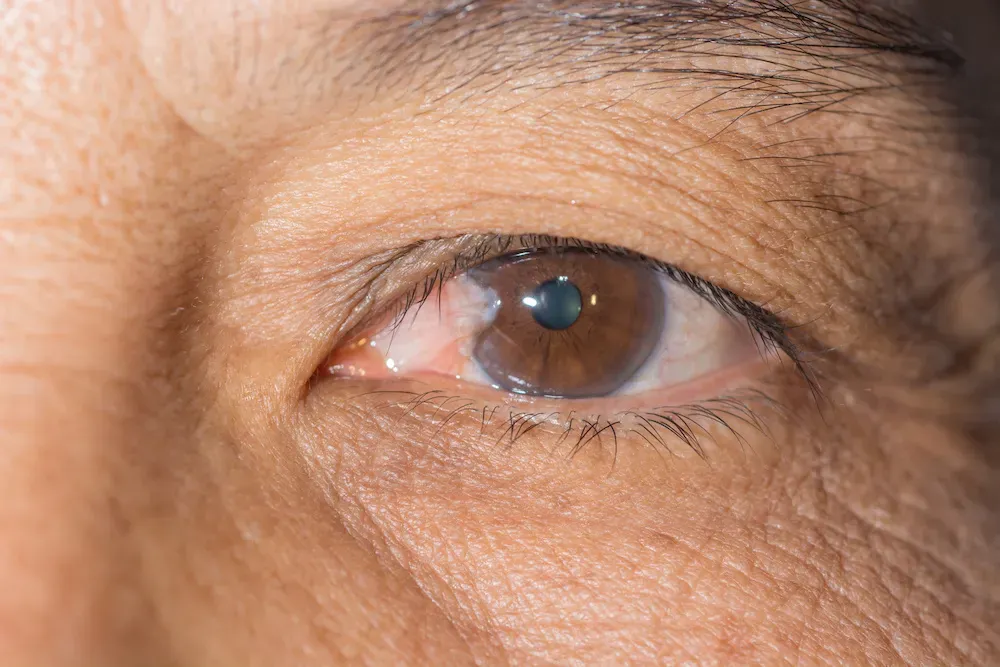Advanced Dry Eye: Understanding and Managing Chronic Dry Eye Disease
Advanced dry eye, also known as chronic dry eye disease (DED), is a condition in which the eyes do not produce enough tears or the tears evaporate too quickly, leading to dryness, discomfort, and potential damage to the surface of the eye. While occasional dry eyes are common, advanced dry eye can cause persistent symptoms that interfere with daily activities. It can result from various factors, including age, environmental conditions, medication side effects, and underlying health conditions like autoimmune diseases.
The primary symptoms of advanced dry eye include irritation, burning, itching, blurred vision, light sensitivity, and a feeling of something gritty or foreign in the eye. People with advanced dry eye may also experience excessive tearing as the eyes attempt to compensate for the dryness. If left untreated, the condition can lead to corneal damage, scarring, and even vision loss in severe cases. Therefore, early diagnosis and treatment are essential to managing the disease and preventing complications.
There are several causes of advanced dry eye, including Meibomian gland dysfunction (MGD), which impairs the production of the oil layer in tears, leading to rapid evaporation. Other causes include tear film instability, low tear production, and inflammation of the ocular surface. Factors like prolonged screen time, air conditioning, dry environments, contact lens use, and certain medications (e.g., antihistamines and blood pressure drugs) can exacerbate symptoms, making the condition worse over time.
Advanced dry eye is often treated with a combination of therapies, including artificial tears, anti-inflammatory medications, punctal plugs to retain tears, and in-office treatments like LipiFlow, which helps express the Meibomian glands to improve oil production. Lifestyle changes such as avoiding prolonged screen time, using humidifiers, and protecting the eyes from wind and dust can also help manage symptoms. In some cases, advanced treatments like corticosteroid drops or immune-modulating drugs may be recommended. Regular monitoring and management by an eye specialist are crucial to maintain comfort and prevent further damage to the eyes.






